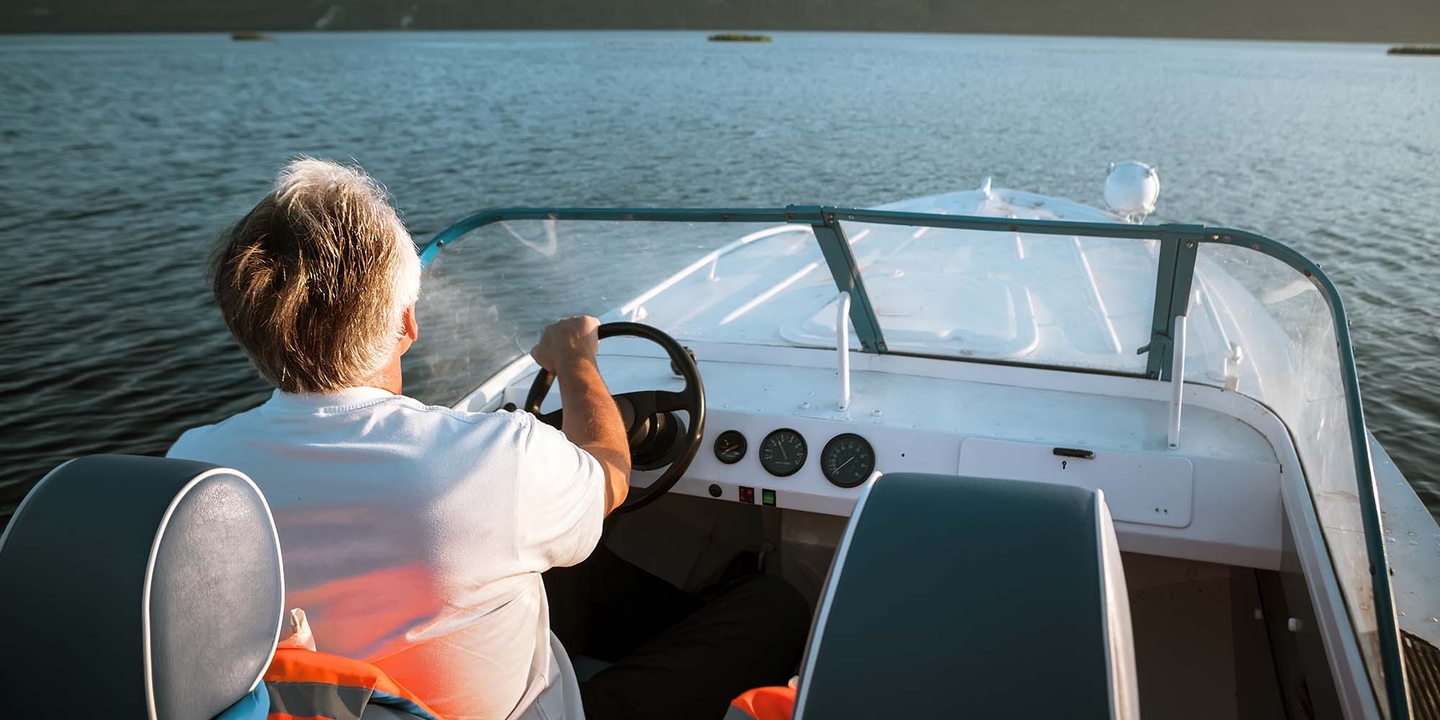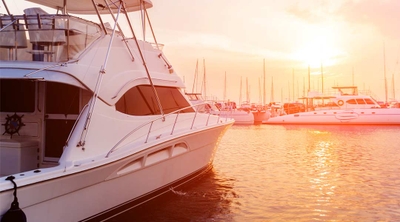How do you get a boat license?
4 min read
The process of obtaining a boating license varies state by state, so check the specific requirements for your state with your department of motor vehicles or department of natural resources. Although state boating requirements differ, there are some common steps to take, such as completing a boating safety course and passing a licensing test.
Steps to getting a boating license
Meet the age requirements in your state
Some states impose boater education requirements on anyone born after a specific date. Other states set rules by age groups, particularly pre-teens and teens. Some states specify a minimum age generally set between 12 and 14 — several years younger than the minimum age to get a driver's license.
Many states have different boat licensing ages or minimum age requirements for operating a powerboat depending on the type of craft and vessel speed.
Due to the complexity of boat license age requirements, it's best to check with your local government or review local boating requirements online.
Complete a boating safety course
In most states, completing a boating safety course is required to obtain a boating license. The National Association of Boating Law Administrators (NASBLA) offers clarification for training requirements in each state.
Most state-approved courses are free. If you want to take a third-party course that counts toward your state's requirements, it could cost around $15 to $40. The state might also charge a small fee for the boater education certificate or card itself once you pass. A boater safety course typically takes around three hours, followed by an exam. While nearly all the courses are available online, you can also do in-person training with an instructor.
Pass the boating license test
Whether you're pursuing a boat license or safety certification, the exam covers boat parts and types, equipment, and trip planning and preparation. It will also include environmental laws, basic vessel operation, navigation and maneuvering, and emergency preparedness. The exam includes any state-specific rules you need to know.
Online practice tests are available as well. If you do fail the free state-approved course, you can keep retaking the exam until you pass.
What are other advantages to boating safety training?
Even if a boating safety course isn't required by law in your state, taking a boating safety course can give you knowledge and peace of mind on the water. Operator error causes most boating accidents, according to the American Boating Association. When the National Transportation Safety Board looked at the operators involved in fatal recreational boating accidents, more than 80% hadn't taken any courses. Some boat insurers, including Progressive, offer boat insurance discounts for completing a boating safety course.
Do all states require a license to operate a boat?
Each state has different rules—some states don't have any boating education requirements. Legal documentation also varies. In some states, you need a state boater card, while in others, motorized boat operators must have a valid boating safety education certificate.
Do you need a boat license to rent a boat?
If you're visiting from out of state and want to rent a boat, the rules might be less strict than for residents. For example, visitors 12 years old and up don't need a state license to operate a boat for fewer than 45 days a year in one state. But a 12- or 13-year-old would still need someone on board who's at least 21 and has a valid vessel operator's license. To be sure, check the specific state boating requirements.





